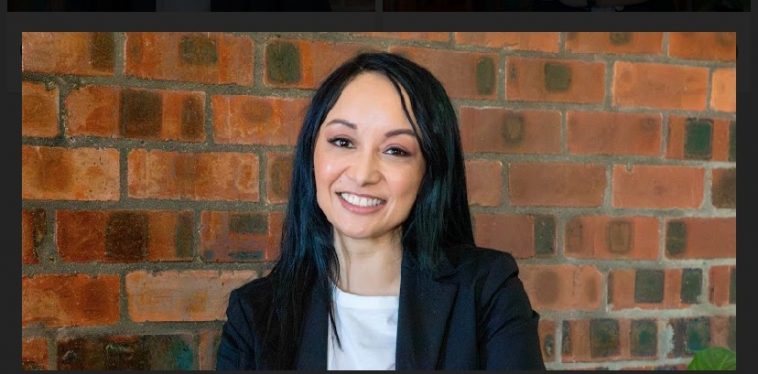By Lea-Anne Moses, Executive Director at the Fundza Literacy Trust
Teenagers are incredibly odd. Of course, this is hardly a groundbreaking observation—the “otherness” of being not quite an adult but not quite a child either has achieved near-universal meme status across generations. Yet, despite the widely acknowledged strangeness of the experience, adolescence remains surprisingly alien—even for those of us who have already escaped the gravitational pull of our teenage years.
The sheer amount of new ideas and experiences that we are exposed to at that age can be quite overwhelming and is often wasted on us, given that we have no context or greater network of experiences in which to appreciate what we are being shown or taught. Case in point: evoking the ire of a high schooler is as easy as simply asking, ” What did the author mean by that?”
From the outside looking in, teaching high school English appears to be an exercise in patience. Yearly, the protestations of students challenging the standard curriculum’s interpretations of poetry analysis must whittle down what little energy one has left when dealing with a classroom inundated with raging hormones.
The frequent refrain, “But how do we know that’s what the author meant?” is, in retrospect, quite sobering and has become somewhat poignant now that I realise just how vague much of the world can be. Our lives are not dominated by any kind of empirical precision, a characteristic we might have naively associated with adulthood. Instead, as we grow older, we come to recognise that our judgements are steeped in subjectivity, which pervades all human endeavours.
Make no mistake: our world is one of interpretation. Successfully navigating the world of business, relationships, and entertainment requires an understanding that choices and decision-making are not black and white but exist in shades of grey.
Tackling complexity & the depth of written media
As we tackle the complexity of the world around us, it is imperative that we are able to not only absorb the information that rains down upon us on a daily basis, but that we are also able to question, interpret, and approach the topics and ideas critically. As children, we often accept information at face value.
By our adolescence, our contrarian and rebellious outlook overcorrects for years of near-blind acceptance of worldviews presented by adults. By adulthood, we learn to temper our perspectives as we step into the world independently for the first time. This evolution highlights that critical thinking and interpretation of the world around us are not static; they are skills honed over years of practice and challenges. If they were not, we would remain in a child-like state of trustful obliviousness throughout our lives.
A wide variety of life experiences is the best teacher, but no one is exposed to the full spectrum of life’s challenges. Luckily, we are able to bypass these limitations through media; whether it’s film, games, or music, humans have mastered the art of sharing experiences and ideas across space and time. While no medium is superior, written media often delves deeper into subtlety and introspection than other forms can typically reach (that’s not to say that other forms of media are devoid of nuance, but that it is significantly more challenging to achieve).
Progress is possible with reading for meaning in SA
Unless you are a particularly media-literate child, reading—and reading for meaning—is the foundation from which we engage with the world on a meaningful level beyond. Without the skills to critically understand text, our comprehension remains superficial, akin to a lecture rather than a dialogue. To foster a true culture of reading, all reading should be approached as a one-sided debate with the author. It is up to the writer to convince us of their perspective, whether through a news article or a work of fiction.
As the election season intensifies, we are hit with a wave of old-school influencers (politicians) trying to sway us to their side of thinking, with their messages and promises plastered across the country, competing for eyeballs, attention, and potential voters. Invariably, these messages fall back on more visceral tactics of persuasion – such as fear-mongering and cherry-picking. Other than being cheap, these tactics are insulting; they assume that the voting public is unable to see beyond what they offer us and that we are all accepting of what we are told.
Electioneering can feel like a collective fever dream where political parties treat us more like obstacles to overcome instead of people to serve. To reclaim our power, we must interpret, critique, and understand messaging beyond its surface.
If we do not promote a culture of reading for meaning that sparks life-long journeys of inquisitive growth, we will remain mere hurdles for those who wish to exploit our lack of critical thinking, and our child-like obliviousness. As today’s teenagers and youth question “how do we know the author meant that,” we watch with bated breath, hoping that the penny drops and that they become the fillip for change we so dearly need.
 We just launched our WhatsApp channel. Want to get the latest news from the Tech in Africa?
We just launched our WhatsApp channel. Want to get the latest news from the Tech in Africa?


